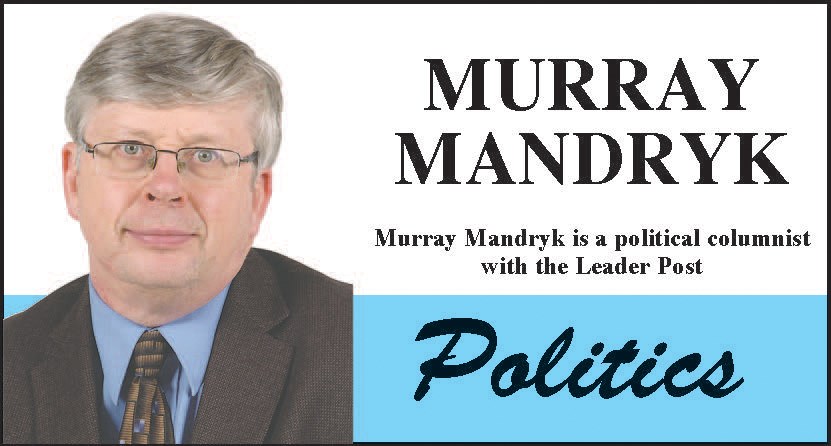New Democrat Opposition leader Ryan Meili should have attended the Rally Against the Carbon Tax protest.
If for no other reason, he should have been there politically strategic reason of demonstrating that he is willing to listen to the concerns of those who he purports to want to lead.
Maybe there weren’t many votes to be gained by the NDP leader at that event, but he surely has lost even more votes in rural Saskatchewan by not going.
It is now hugely problematic for Meili to have defined the event as a “yellow vest” rally before it even happened and then to have to admit later that organizer Jason LeBlanc and others did a pretty good job of keeping out the unwanted yellow vest element.
Moreover, Meili apologists who insist their NDP leader shouldn’t have went to the rally because is was a thinly veiled political event seem to be missing a couple important points.
While the crowd were solidly Sask. Party/Conservative supporters, it would have been helpful for Meili to be there to say he doesn’t support this particular federal carbon tax, either.
That Meili chose not to go after suggesting this was a yellow vest event and that yellow vesters are racist and anti-immigrant was problematic enough. To not go and to then allow Premier Scott Moe the political opportunity to tell the crowd why you’re not there is dumb politics.
But there is another very different reason why Meili should have been there.
Meili — or someone else — needs to challenge Meili Moe on what the Sask. Party government intends to do about reducing greenhouse gas (GHG) emissions.
This is something that many people in this province also would prefer the Premier ignore.
There are those who range from downright deniers that the climate is changing to those who suggest that it is change is totally a natural occurrence to those who suggest that whatever change is happening has little to do human activity and that more carbon dioxide is actually good thing.
Those who suggest any of the above are ignoring best science available — science supported by agencies like NASA that tells us there is a global warming threat and that threatening aspect is a result of human activity.
Interestingly, this is also the position of Prairie Resilience — provincial government’s “made-in-Saskatchewan response” to the carbon tax. It commits to “output-based performance standards” that is also a carbon price model to be applied to Saskatchewan’s heaviest admitters.
Yet the most Moe would say about the GHG/global warming is the following:
“In Saskatchewan, we accept that climate change is happening and we even accept that humans are contributing to that,” Moe told the 1,000 protestors that were part of 700-truck convey. “What we don’t accept is that a carbon tax is in any way an effective way to actually deal with that.”
As has been stated in this space before, there is every reason to suspect that this federal carbon tax will not work.
But what then, is the alternative that the province is offering?
It’s all well and good for Moe to suggest that “farmers are some of the strongest environmentalists in the world” or that we aren’t getting enough credit for carbon sinks and zero tillage $1.6 billion invested in SaskPower’s carbon capture and storage.
But the facts remain that GHGs are still increasing in Saskatchewan and GHGs are a worldwide problem.
We can all say this doesn’t matter because Saskatchewan — and even Canada — represents a small fraction of the world problem when it comes to GHG emissions.
But what this province can’t say is that it’s doing its part.
And as a leader, Moe has commit to doing our part.
Murray Mandryk has been covering provincial politics for over 22 years.




